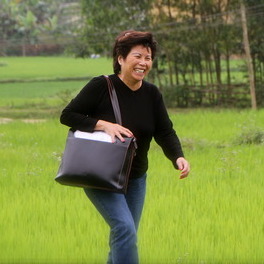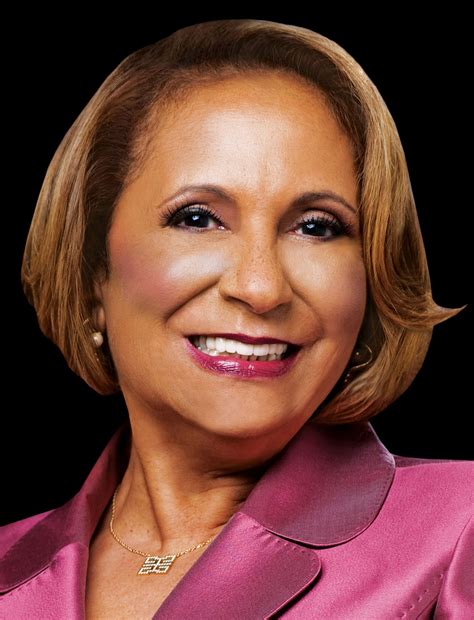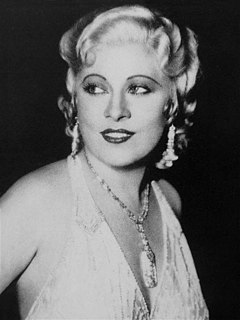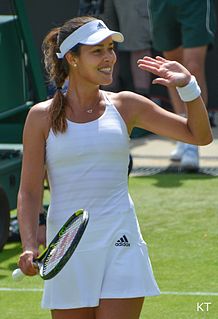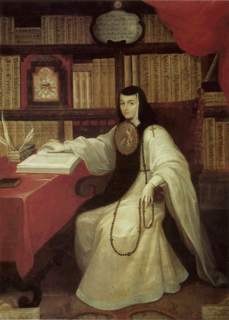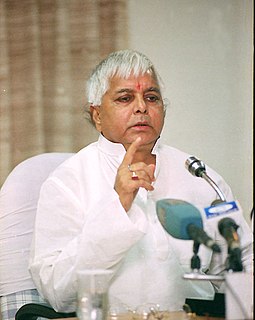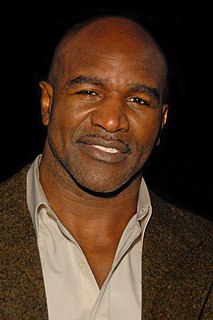A Quote by John Lennon
When I was 5 years old, my mother always told me that happiness was the key to life.
Related Quotes
I'm a huge advocate of prayer. I've been praying since I was fifteen years old and the doctor told me I was going to be a mother and I was like "what?" I started praying that day that God would help me do what I needed to do to be a good mother and to raise this baby boy that I was going to be blessed with. I haven't stopped praying in years.
When I was nine years old, living on the south side of Chicago, my father was a minister and my mother used to scrub floors. I had seven brothers and four sisters. I told my mama, 'One of these days I'm going to be big and strong and buy you a beautiful house.' That's all I've ever wanted to do with my life, is to take care of my mother.
I think the gift of my mother's death, if anything so terrible can be said to have an upside to it, is that I was always keenly aware that life was fleeting, and that you'd better live while you have the chance. As I say in the book, since I was 19 years old I felt like I was living for two, and when I out-lived my mother, when I got into my forties, it felt like a miracle to me.
I was not yet three years old when my mother determined to send one of my elder sisters to learn to read at a school for girls we call the Amigas. Affection, and mischief, caused me to follow her, and when I observed how she was being taught her lessons I was so inflamed with the desire to know how to read, that deceiving - for so I knew it to be - the mistress, I told her that my mother had meant for me to have lessons too. ... I learned so quickly that before my mother knew of it I could already read.

